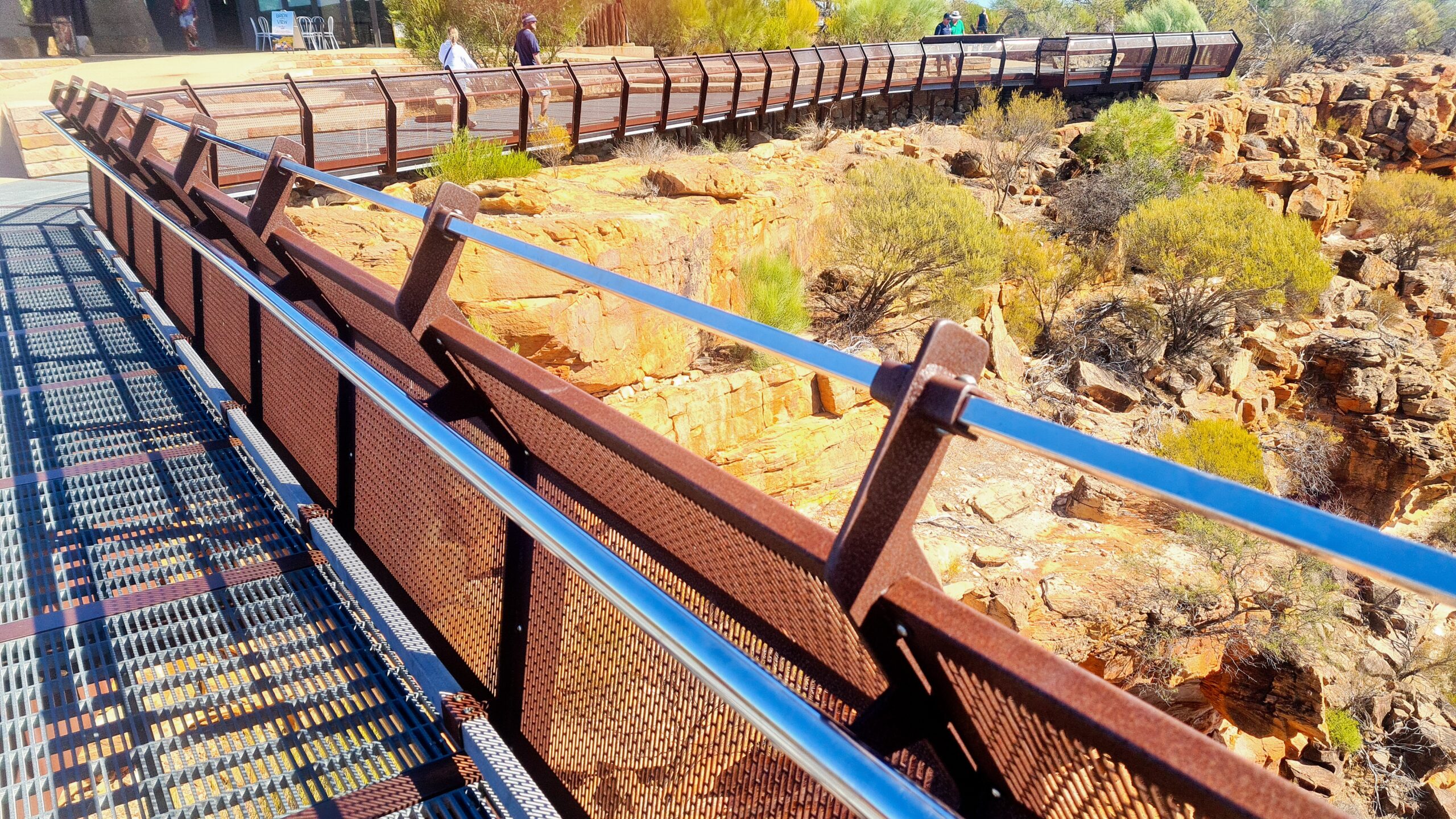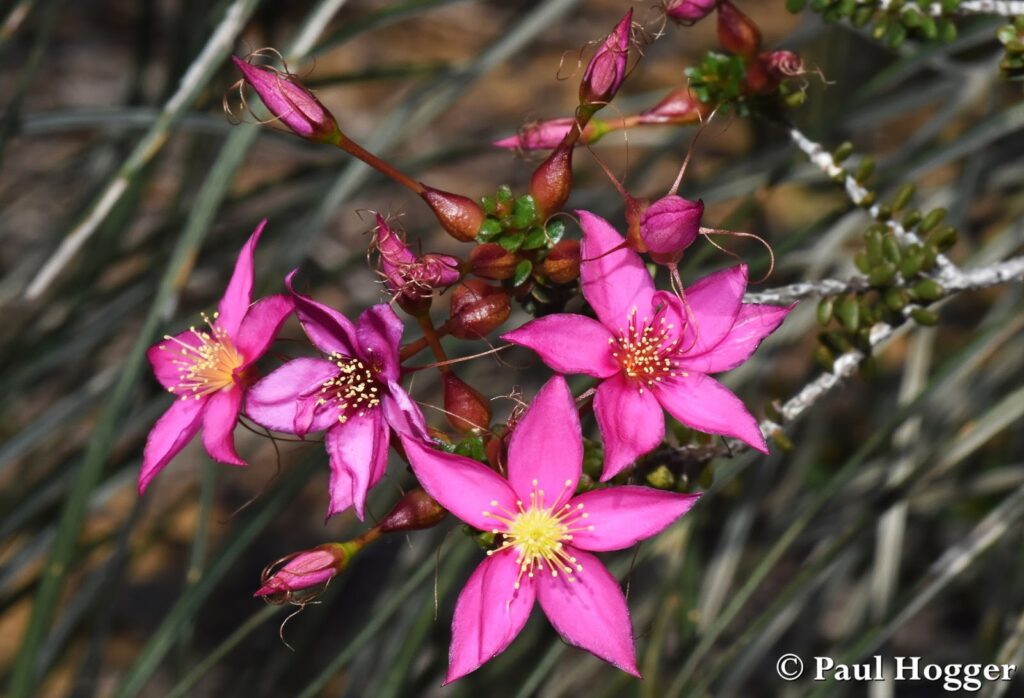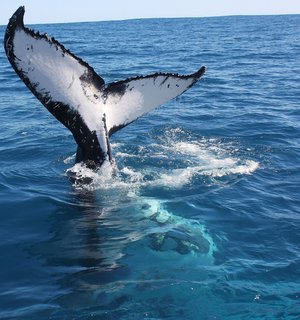When Is the Best Time to Visit Kalbarri WA? A Local’s Guide
Kalbarri is a slice of coastal paradise tucked away in Western Australia — and while it’s beautiful year-round, timing your trip right can take it from great to unforgettable. Whether you’re chasing wildflowers, whale sightings, or just want to know when the weather’s best for hiking or hitting the beach, this local guide breaks down the best time to visit Kalbarri — season by season.

Summer (December to February) – Hot, Bright & Buzzing
Kalbarri comes alive in summer, with long daylight hours and beach days that feel like they never end. If you’re into sunbaking, ocean dips, and sunset cocktails, this is your season.
Expect temps to soar past 35°C, especially inland. That makes the coastal spots — like Blue Holes Marine Sanctuary — absolute gold. Snorkelling here is like swimming in an aquarium. You might spot parrotfish, butterflyfish, and the odd octopus hiding in the coral.
The town hums with energy during school holidays. Cafés buzz in the mornings, the pub’s got a crowd by the arvo, and local tour operators are in full swing. Kalbarri Pizza and Pasta are pumping out pizzas at night.
But it’s not all sun and surf. Bushwalkers, beware — the inland gorges can be scorching. Avoid hiking between 11am and 4pm unless you’re part camel.
👉 Local tip: Pack reef shoes and a wide-brim hat. Hit the gorges early (like before 9am) and save your beach sessions for later in the day. And for a cracker sunset, head to Island Rock with a cold drink in hand — it’s magic.

Autumn (March to May) – The All-Rounder’s Paradise
If you could bottle the perfect Kalbarri vibe, it’d be autumn. The days are still warm (around 26–30°C), but without the intense summer glare. It’s when the winds drop, the skies clear, and locals start hitting the hiking trails again.
Autumn is also when the Murchison River shines. Whether you’re into stand-up paddleboarding, kayaking, or just floating about, the calm water is postcard-perfect. It’s a fantastic time for photography too, with golden-hour light bathing the red cliffs in warm hues.
This is the time of year Kalbarri starts to breathe again after the summer rush — the streets are quieter, restaurants are easier to book, and everything just slows to a lovely pace.
👉 Local tip: April is the sweet spot. Warm enough to swim, cool enough to explore, and a great time to book accommodation without the holiday price hike.

Winter (June to August) – Nature’s Secret Season
Think winter in WA is dull? Not in Kalbarri. Here, winter means crisp mornings, sunny afternoons, and a front-row seat to one of the best whale migration routes in the country.
Every year, humpbacks pass by the Kalbarri cliffs — and you can see them from land! Eagle Gorge, Red Bluff, and Mushroom Rock are top spots for a bit of land-based whale watching. No binoculars? No worries — sometimes they’re close enough to spot with the naked eye.
And let’s not forget the wildflowers. By late July, the inland is sprinkled with blooming everlastings, grevilleas, and banksias. If you’re a nature lover, this is your goldmine.
Days hover around 22°C, with cool nights that are perfect for snuggling up at your Airbnb with a local red wine and a cheese platter from IGA.
👉 Local tip: The Skywalk is phenomenal in winter. The cooler air means clearer views, and you’ll likely have it mostly to yourself midweek.

Spring (September to November) – A Floral Fireworks Show
Spring in Kalbarri is like flicking the switch on every colour in nature’s paintbox. The wildflowers are still going strong, the whales are still waving hello, and the weather is warming up nicely — without the sting of summer heat.
Temperatures sit sweetly between 25–30°C, and there’s that unmistakable smell of fresh blooms in the air, especially inland. You’ll find brilliant pink triggerplants, delicate orchids, and even the odd echidna snuffling through the scrub.
It’s also a brilliant time for birdwatching, as honeyeaters and wrens flit through the flowering trees. Down by the foreshore, you’ll spot dolphins cruising in for breakfast and pelicans staging their daily parade.
Spring’s the photographer’s dream — blue skies, blooming ground cover, and golden hour that lasts forever.
👉 Local tip: Come in October if you want to hit the sweet spot for both weather and wildflowers. Plus, it’s easier to get bookings than peak summer.

So, When’s the Best Time To Visit Kalbarri Overall?
Honestly? You can’t go wrong — it all depends on what kind of adventure you’re chasing.
| Season | Best For | Crowd Level |
|---|---|---|
| Summer | Beach time & surf | High |
| Autumn | Balanced weather & quiet vibes | Low to Medium |
| Winter | Nature & whales | Low |
| Spring | Wildflowers & mild weather | Medium |
If you ask this local… April or October might just be the sweet spot. Not too hot, not too crowded — just right for soaking up everything Kalbarri has to offer.
Planning Your Visit?
Check out our other guides to:
